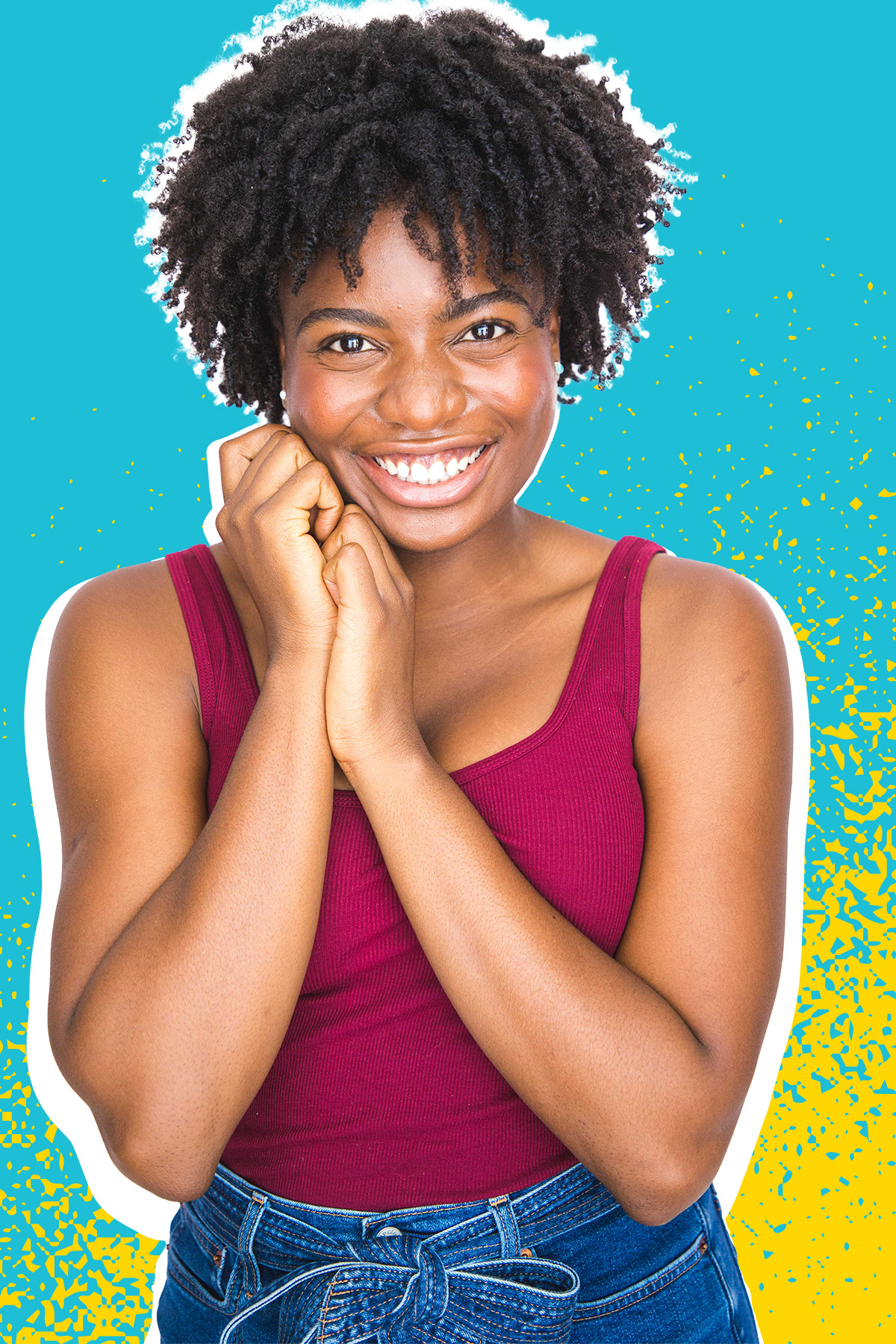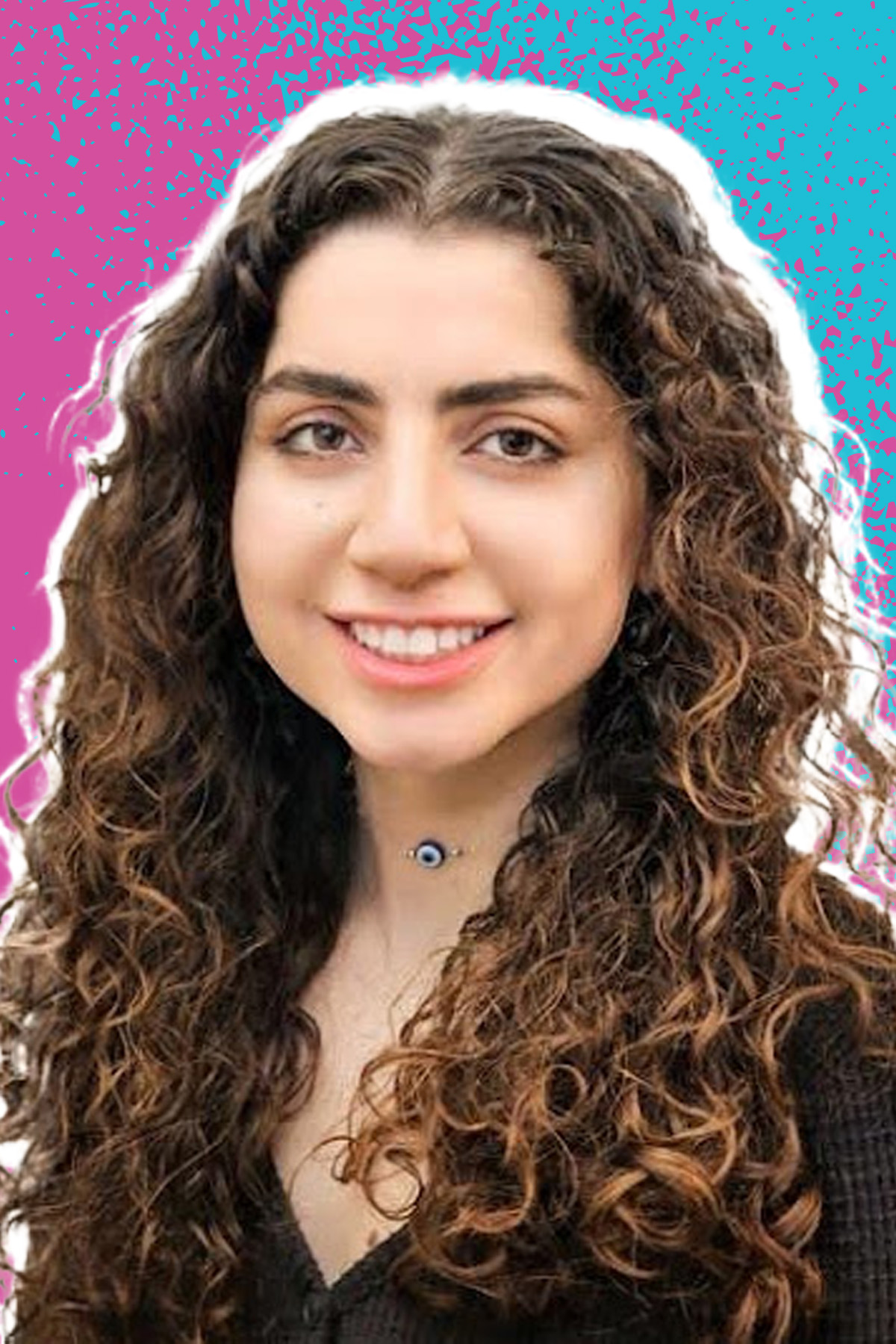Acting Student and Bioengineering Alumna Awarded Soros Fellowship for New Americans
Story by:
Published Date
Story by:
Topics covered:
Share This:
Article Content
A University of California San Diego current graduate student and an undergraduate alumna are are among 30 recipients of the 2024 Paul & Daisy Soros Fellowship for New Americans. The merit-based program for immigrants and children of immigrants awards up to $90,000 to support each fellow’s graduate studies. Fellows are chosen based on their achievements and potential to make meaningful contributions to the United States across their fields of study.
Ruva Chigwedere, an MFA acting student from Zimbabwe, and Riyam Al Msari, an undergraduate bioengineering alumna from Iraq, were selected from 2,323 fellowship applicants this year.
In addition to receiving up to $90,000 in funding for the graduate program of their choice, the 2024 Paul & Daisy Soros Fellows join a distinguished community of past recipients. The alumni network includes U.S. Surgeon General Vivek Murthy, who is the first surgeon general of Indian descent and helped lead the national response to Ebola, Zika and the coronavirus; Damian Williams, who is the first Black U.S. attorney for the southern district of New York and serves as chair of the attorney general’s advisory committee; and composer Paola Prestini, who was named by NPR as one of the “Top 100 Composers in the World” and plays on major stages across the world.
Meet UC San Diego’s two honorees:
Ruva Chigwedere | Theatre and Dance

A first-year student in the Department of Theatre and Dance, Ruva Chigwedere was born in Harare, Zimbabwe and raised in New Jersey. Growing up in a primarily Italian-American neighborhood, she recognized the United States as a country that celebrates immigrants, and fostered a curiosity for cultures outside of her own. As an artist, Chigwedere centers love as a way to conquer oppression. She enjoys the opportunity to perform work that centers the feminine perspective and honors the complexity and depth of Black women’s emotional universes.
Most recently, Chigwedere has been exploring her longstanding interest in love stories. She explained that this theme has historically been considered frivolous or lacking in substance, yet it represents an important channel for emotions and connection. “I used to be embarrassed about my interest in works that center love, but as I dug deeper, I saw how powerful love could be in dismantling systems of oppression, particularly in interpersonal relationships,” said Chigwedere. “I am writing to validate my own experiences and the experiences of the women around me, as well as to imagine a future marked by a radical love ethic.”
Chigwedere began her studies at Harvard College, where she earned joint degrees in theater, dance and media as well as history and literature. She also trained at the London Academy of Music and Dramatic Arts and worked at the acclaimed American Repertory Theater. She enrolled in UC San Diego’s Theatre and Dance acting program last fall, “I wanted rigorous acting training at an institution that would celebrate my individuality,” she said. “My main goal as an artist is to soothe, heal and celebrate my inner child. By exploring and exposing the most vulnerable parts of myself, I hope to validate, inspire and encourage others to live life more courageously and more authentically.”
For Chigwedere, receiving the Soros Fellowship means growing as an artist and joining a talented network of award alumni. “It is so validating to have such a prestigious institution acknowledge the work that I have done to get to where I am and say that they believe in my dreams for my future. What I am most excited for, however, is the community that I have now been inducted into. I am already in awe of the people in my class, and I am thrilled to connect with the incredible alumni of the fellowship as well.”
This spring, Chigwedere will be playing the role of Amoaa in Agyeiwaa Asante's “The Half Sibling Play.” A play about siblings and absent fathers, Amoaa travels with her half-sibling Kweku from Brooklyn to Ghana to pay their respects when their father dies unexpectedly. The story centers on themes of family and home, and is part of the annual graduate student showcase, the Wagner New Play Festival. “The Half-Sibling Play” will premiere on May 8; tickets can be purchased here.
Riyam Al Msari | Bioengineering

Bioengineering alumna Riyam Al Msari was born in Baghdad, Iraq, and endured a turbulent childhood marked by the 2003 war. At age eight, her home was bombed, displacing her family to Iraqi Kurdistan where she faced educational and ethnic discrimination. When her father immigrated to the United States to seek political asylum in 2016, her mother was diagnosed with head and neck cancer, leaving Al Msari, at 18, as her mother’s primary caregiver. Despite her mother’s survival, Al Msari’s realization of the limitations and collateral damage caused by standardized cancer therapies invigorated her determination to pioneer translational cancer-targeted therapies.
In 2018, after reuniting with her father in the United States, Al Msari faced the challenge of her Iraqi university credits not transferring. Undeterred, she began her studies anew at Houston Community College as a Louis Stokes Alliances for Minority Participation (LSAMP) scholar before transferring to UC San Diego, where she graduated magna cum laude and as a Regents Scholar from the Jacobs School of Engineering's Shu Chien - Gene Lay Department of Bioengineering.
"Motivated by my mother’s battle with cancer, I was drawn to UC San Diego for its commitment to innovation and its proactive approach to scientific challenges,” said Al Msari. “The university's cutting-edge facilities and collaborative environment fostered my ability to critically think of methods to address and challenge the current limitations of conventional cancer treatments. UC San Diego was a cornerstone of both my academic and personal growth, where my mentors profoundly shaped my perspective and equipped me with the tools to drive significant advancements in engineering cancer therapies.”
As an undergraduate at UC San Diego, Al Msari conducted research at the UC San Diego Moores Cancer Center in the labs of Professors Joseph Califano and J. Silvio Gutkind. She focused on the crucial role of tumor-draining lymph nodes in head and neck cancers, which contributed to a clinical shift towards lymphatics-preserving neoadjuvant immunotherapies and her co-authorship on several papers. Her work extended to creating a tissue-engineered lymph node for the capstone bioengineering senior design project, aimed at restoring immune functionality lost in standard cancer treatments.
Currently, Al Msari is a PhD student at MIT's Biological Engineering Department, where she employs engineering strategies for localized immune targeting of cancers under the mentorship of Professors Darrell Irvine and Dane Wittrup. Ultimately, she is committed to making a tangible impact on cancer care by founding a startup focused on developing innovative, translational cancer immunotherapies using cutting-edge protein and biomaterial technologies.
Learn more about the Paul & Daisy Soros Fellowship for New Americans and read about this year’s cohort.
You May Also Like
Stay in the Know
Keep up with all the latest from UC San Diego. Subscribe to the newsletter today.



